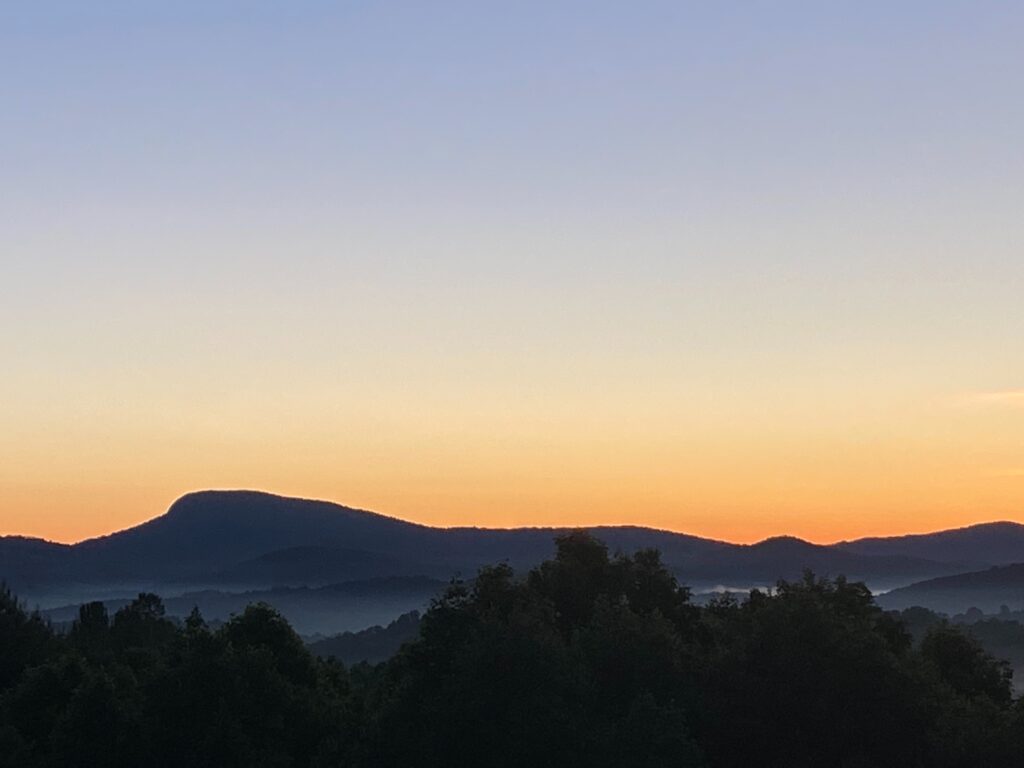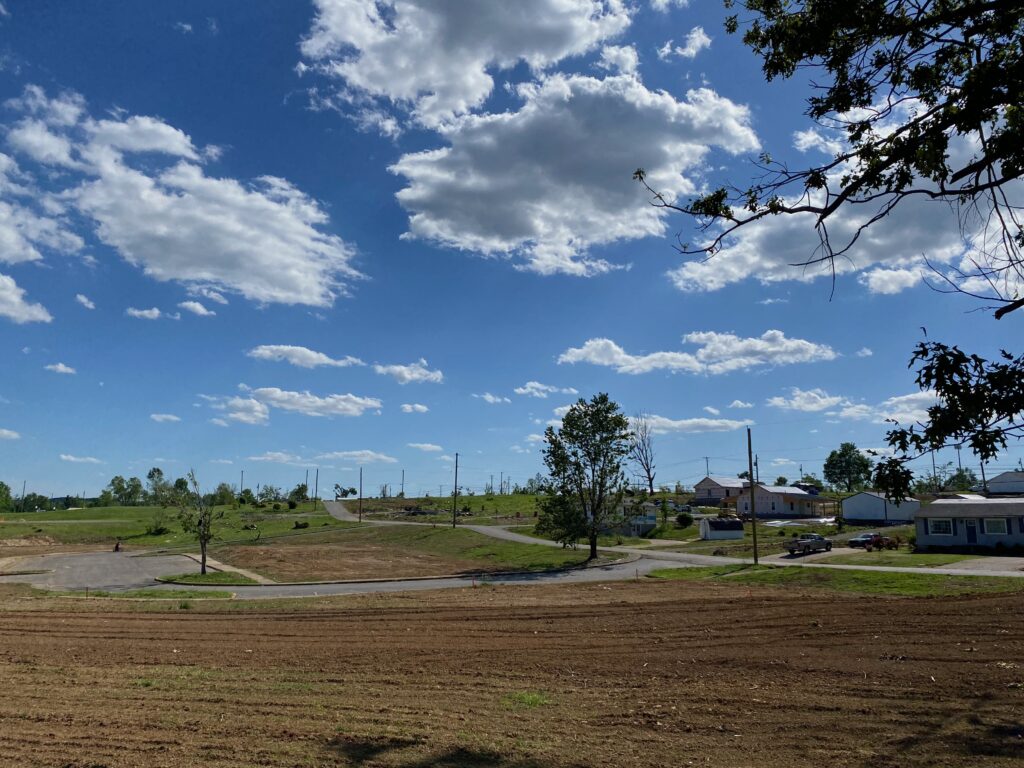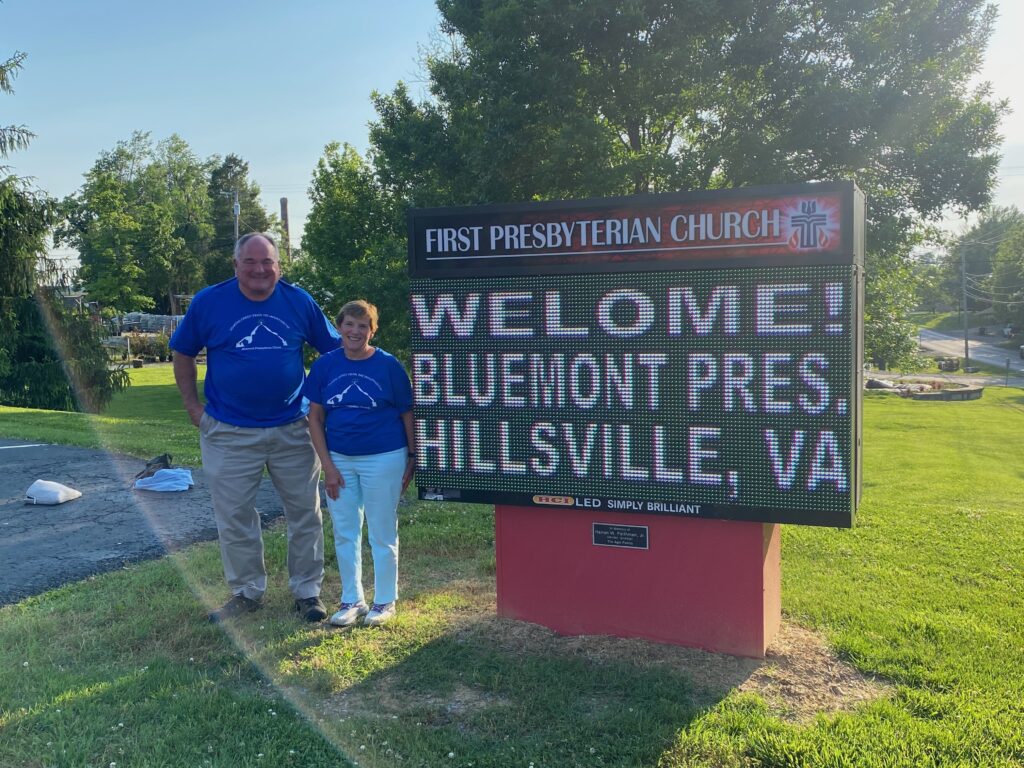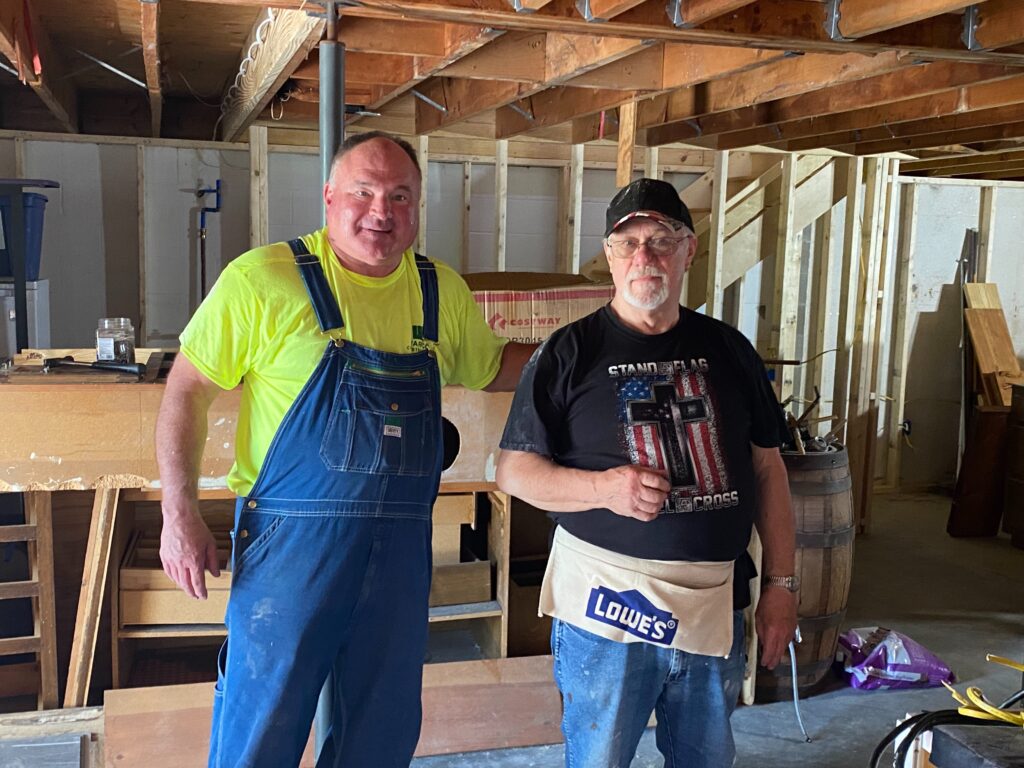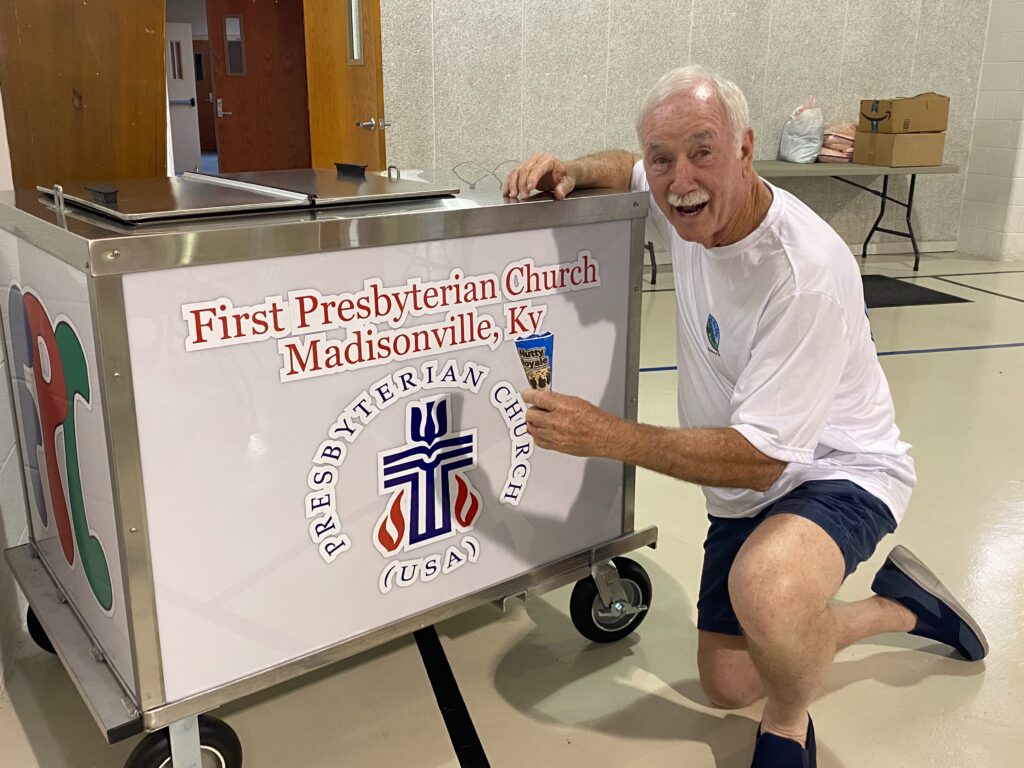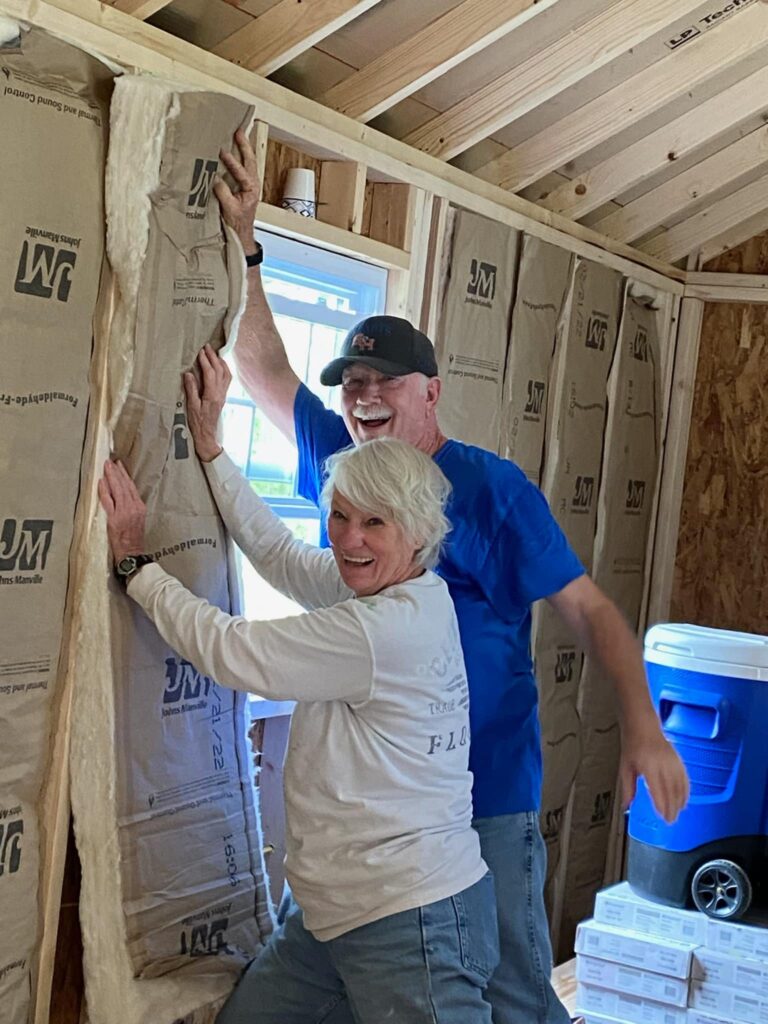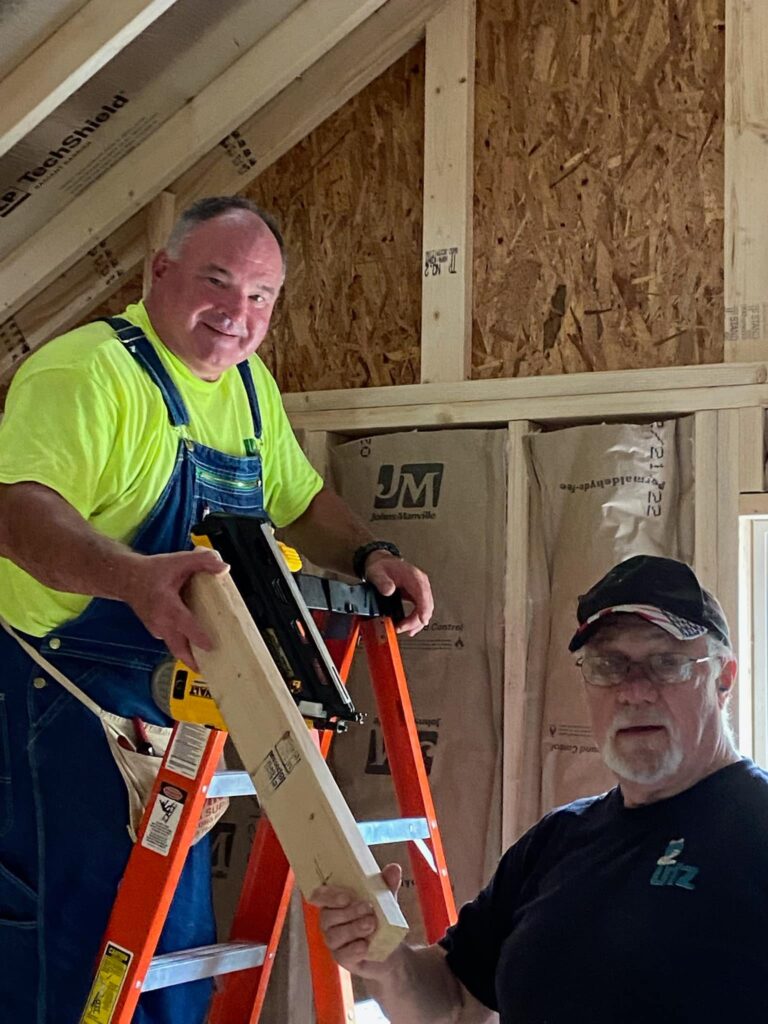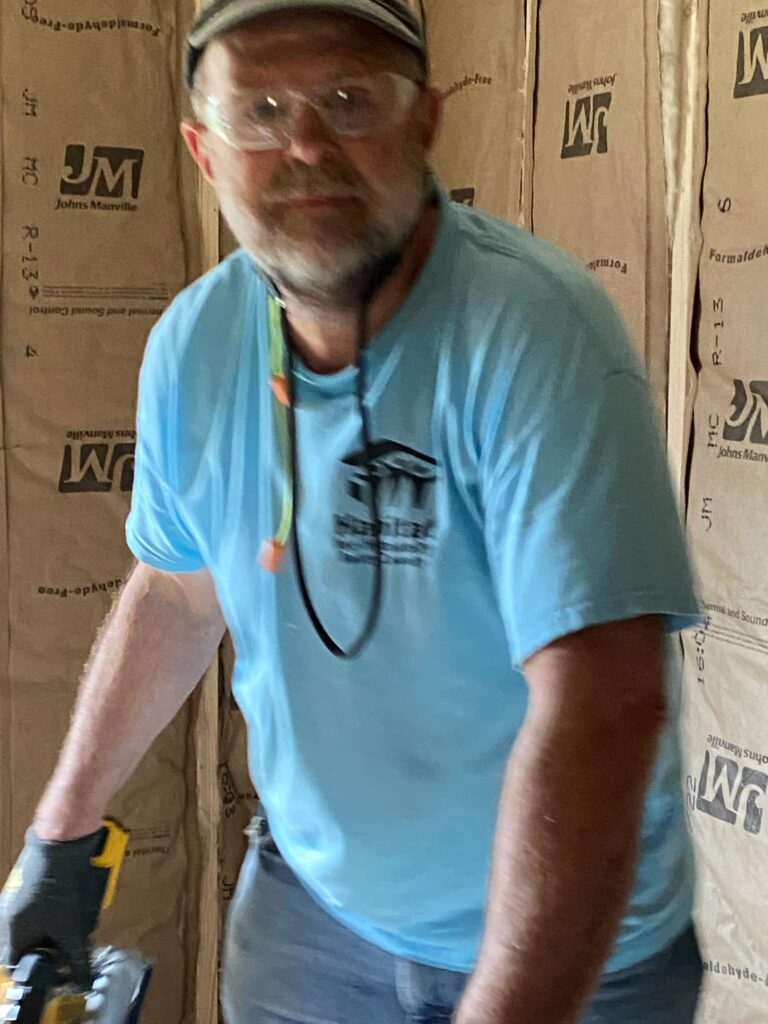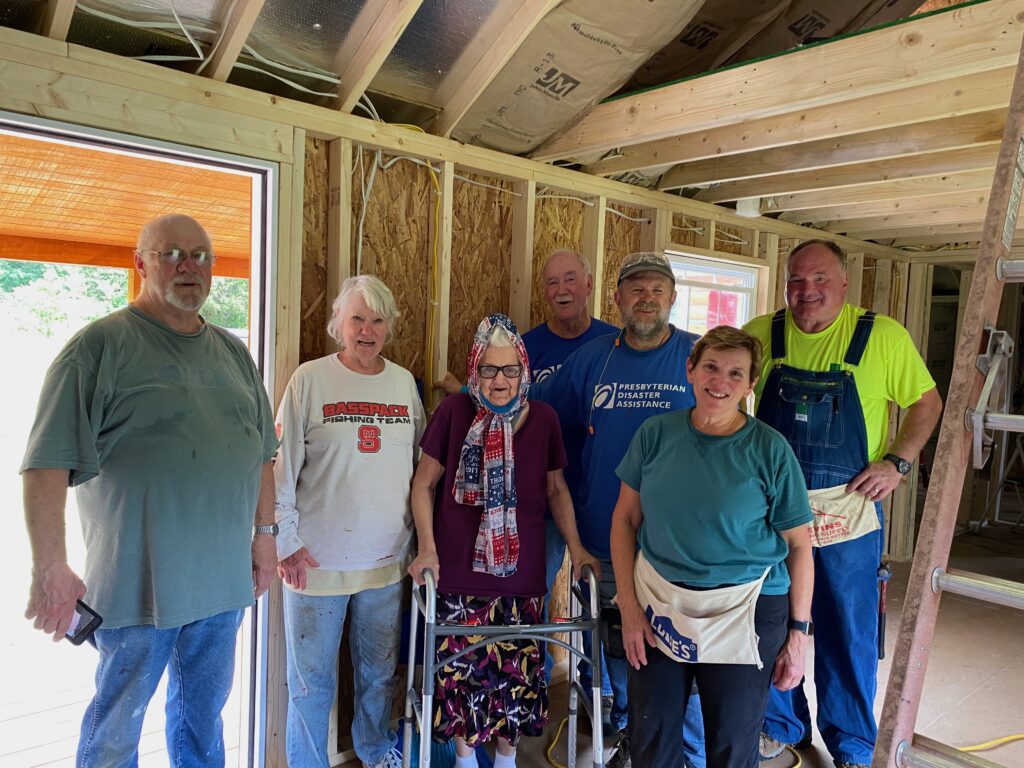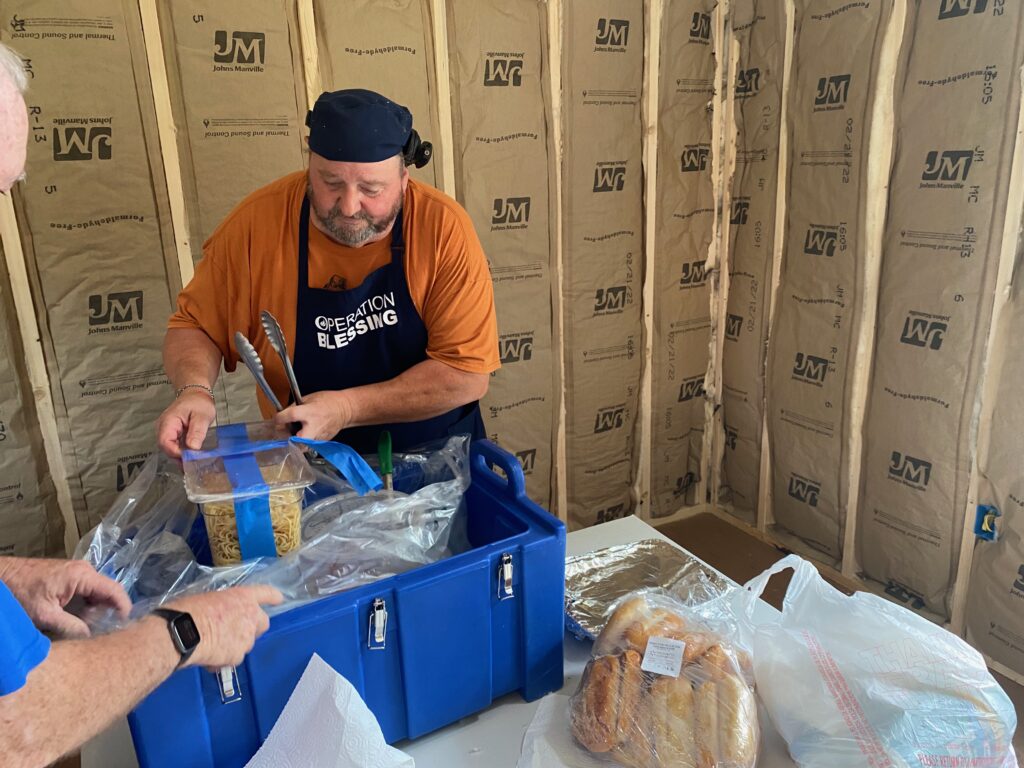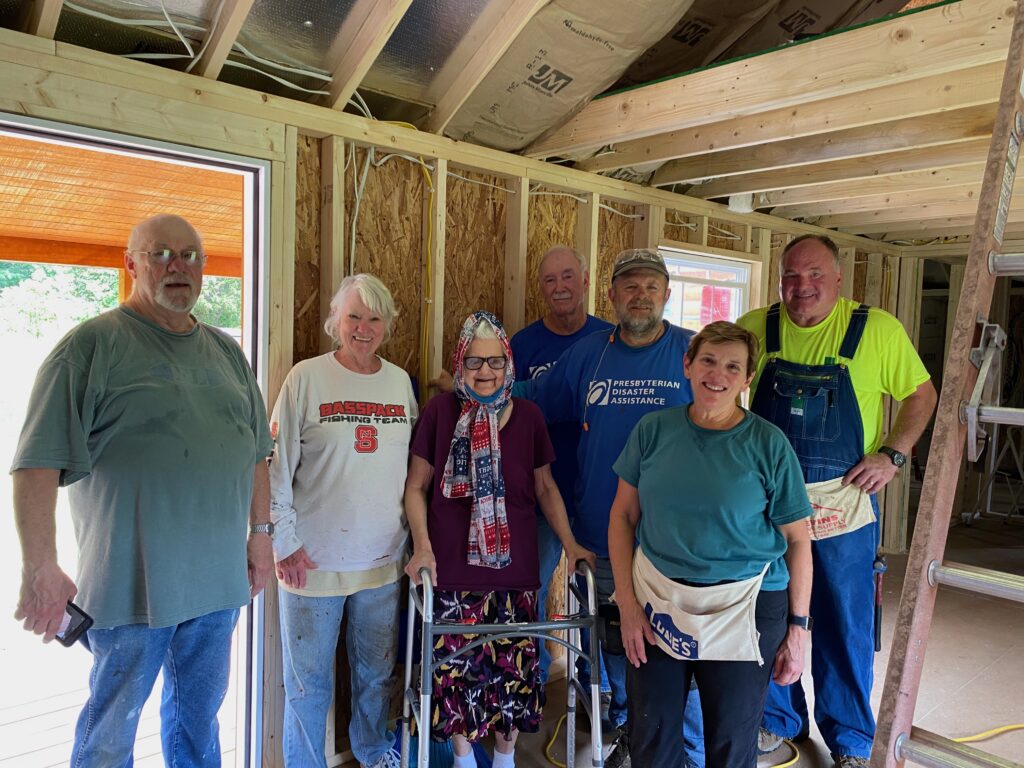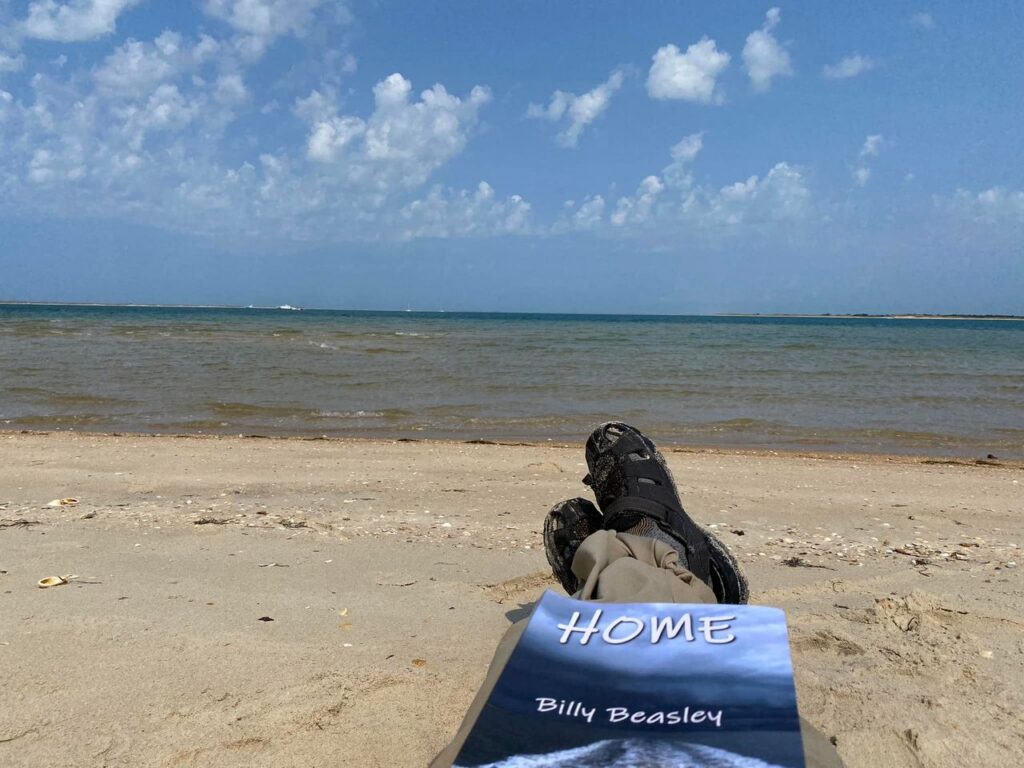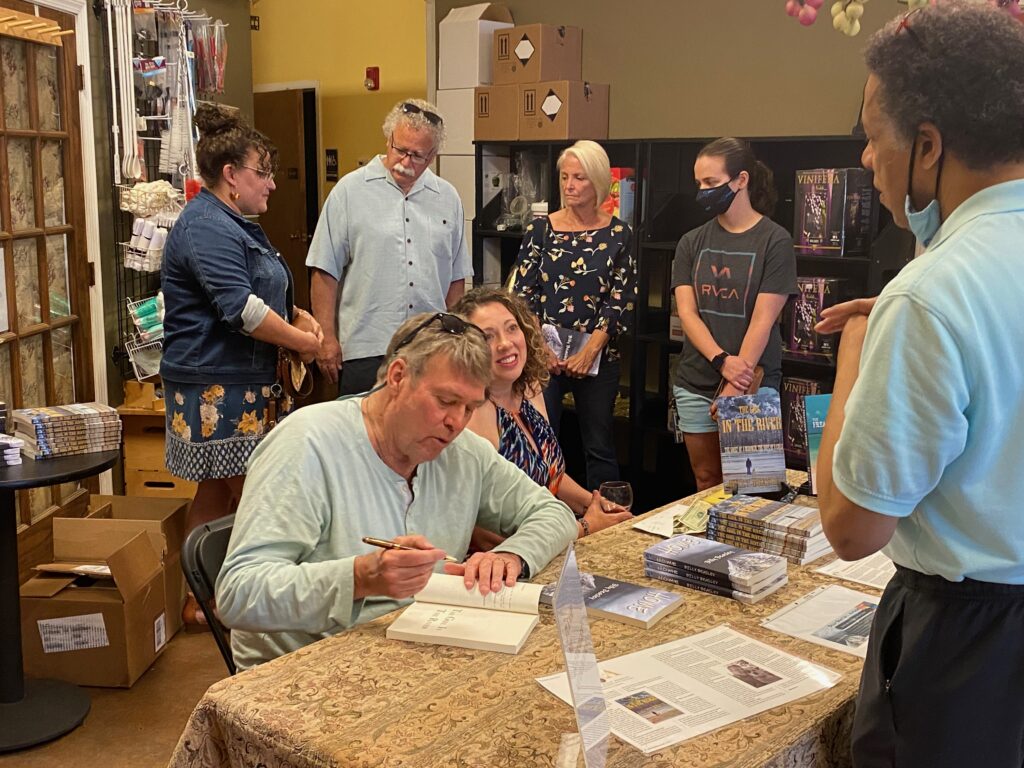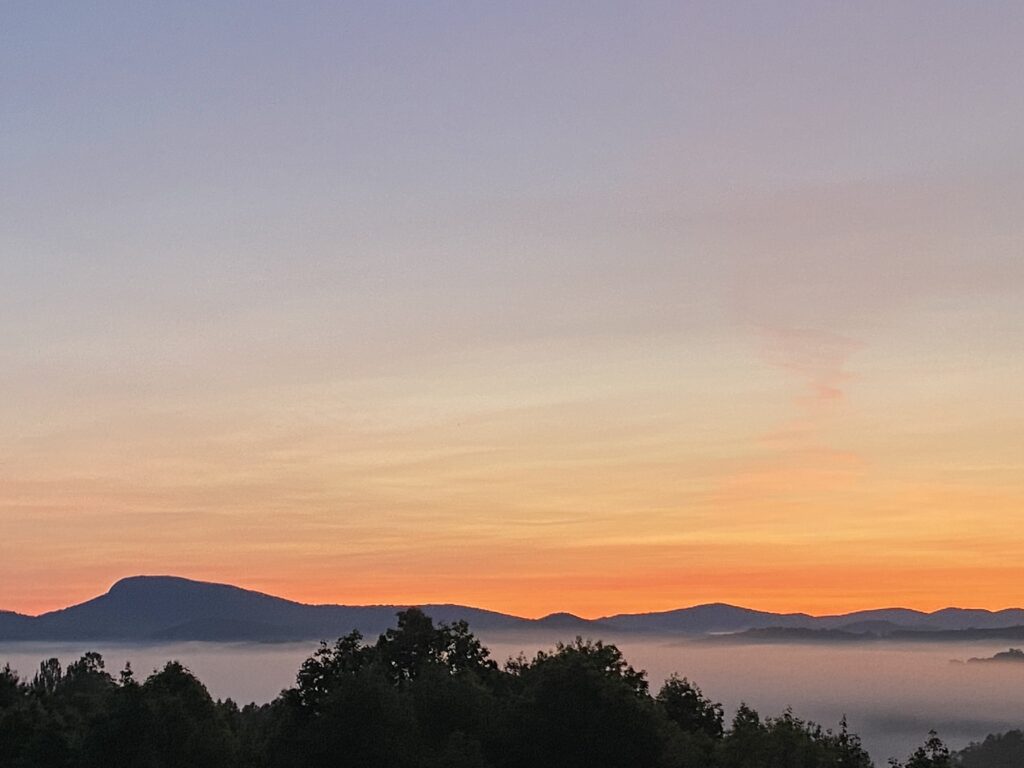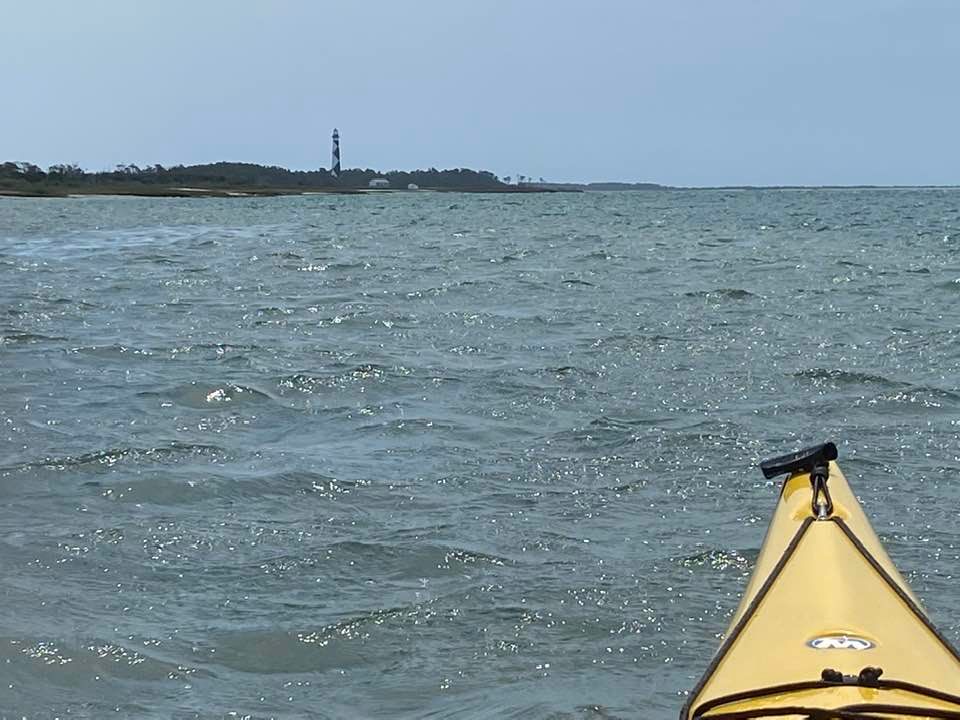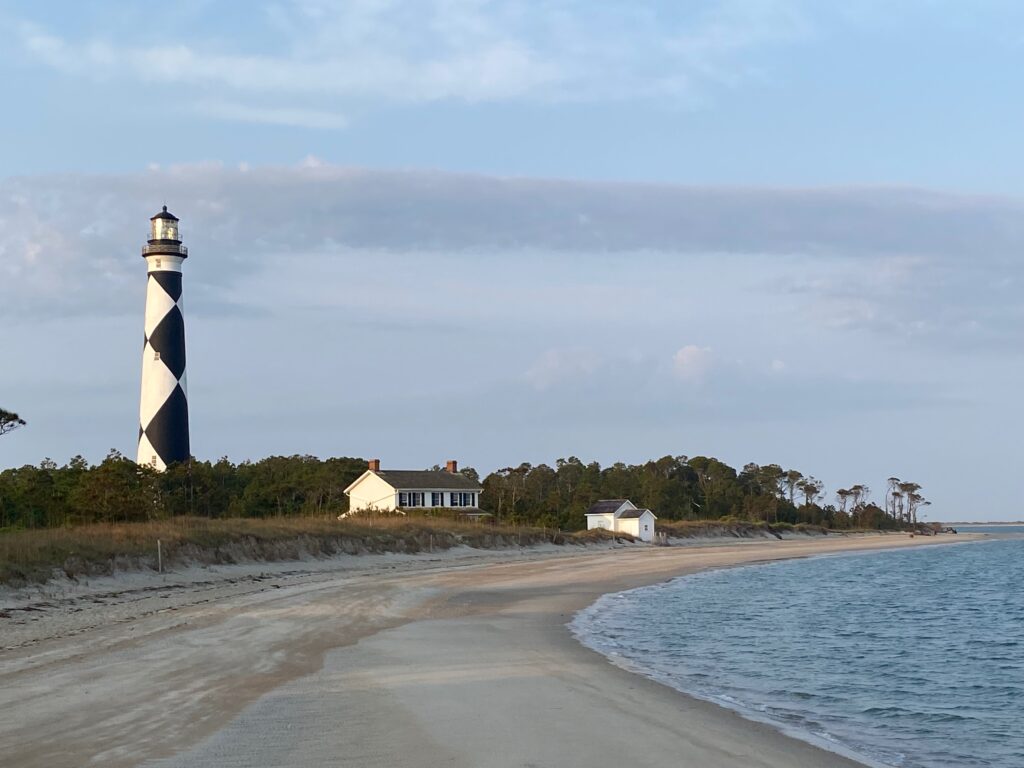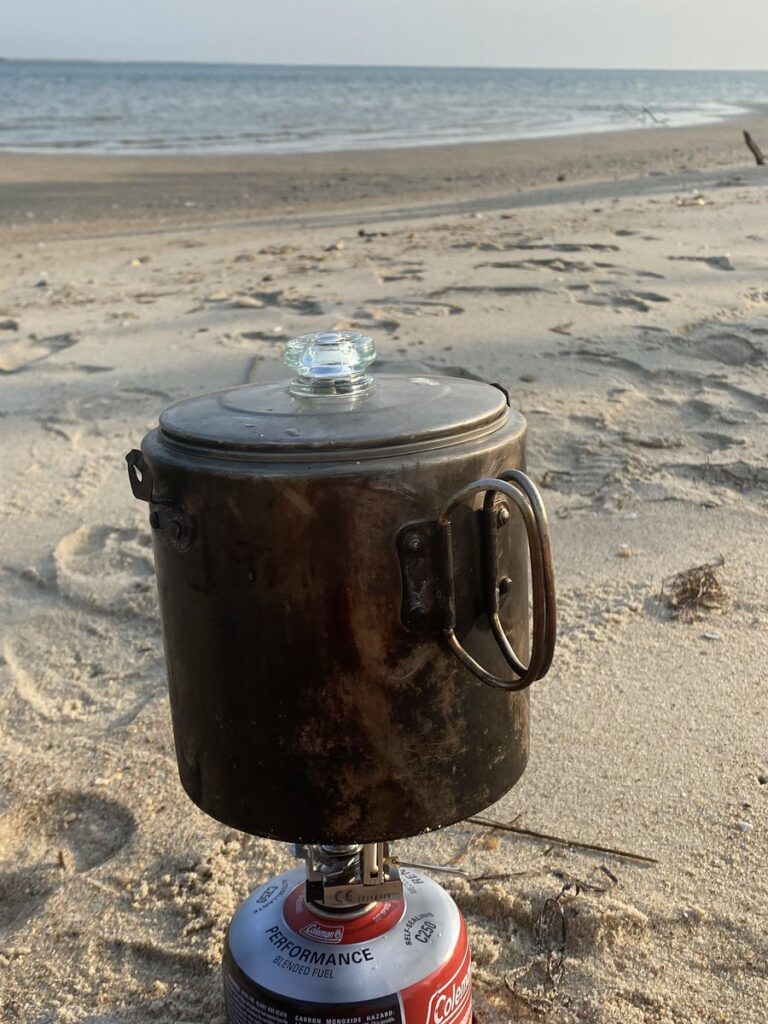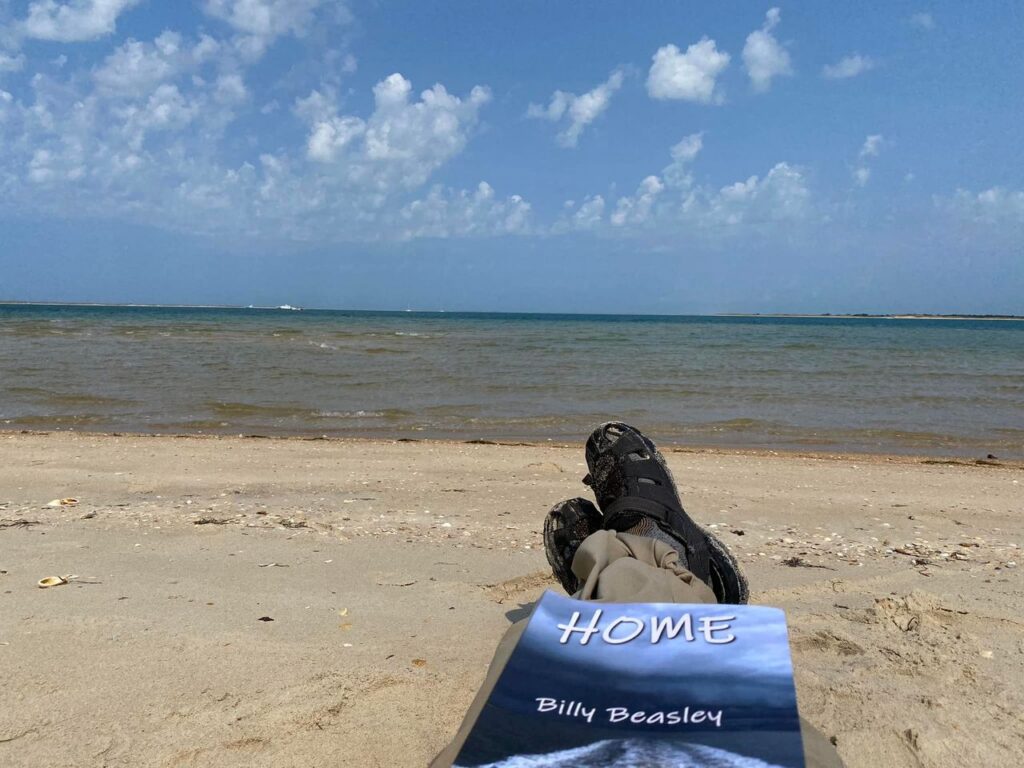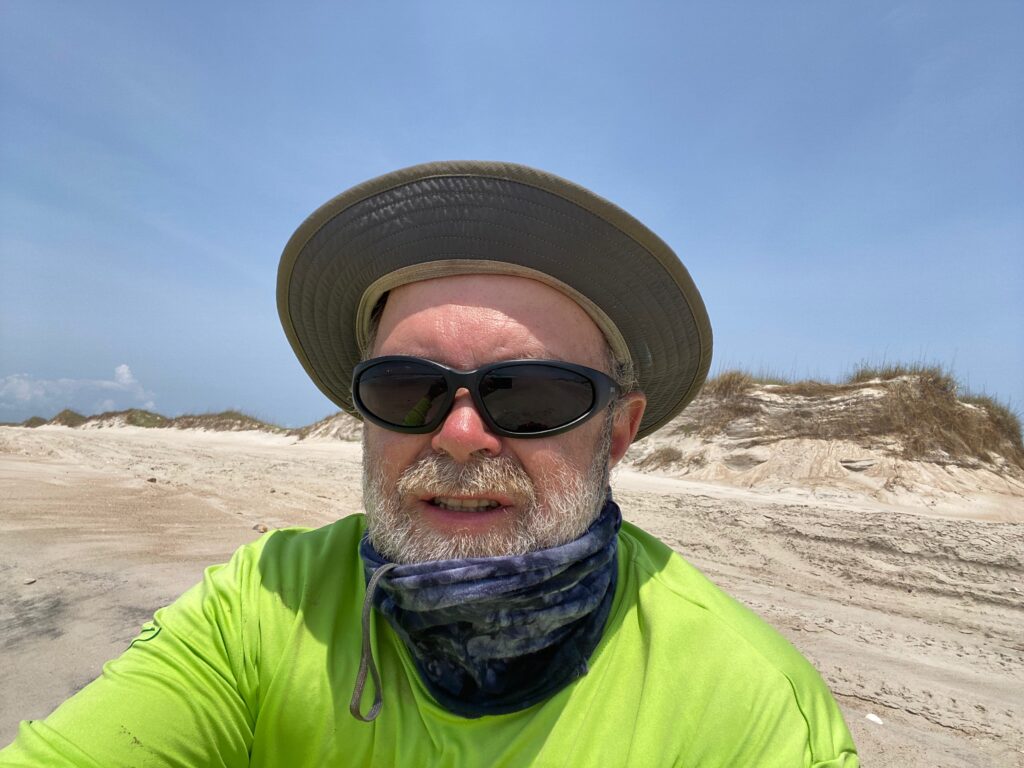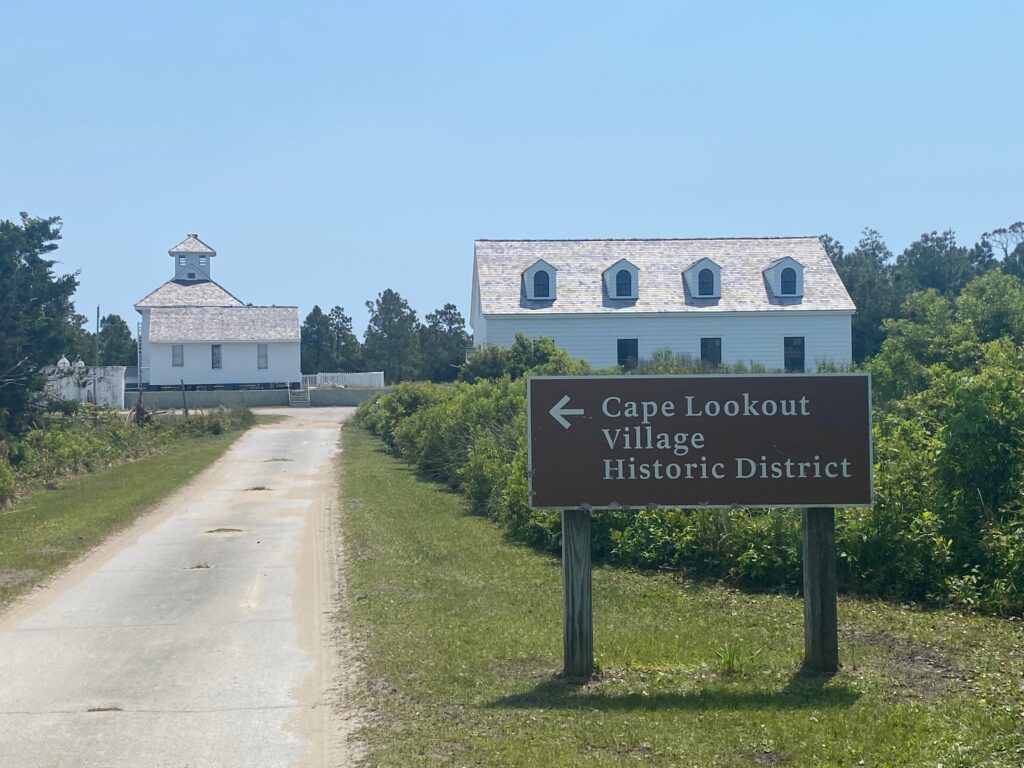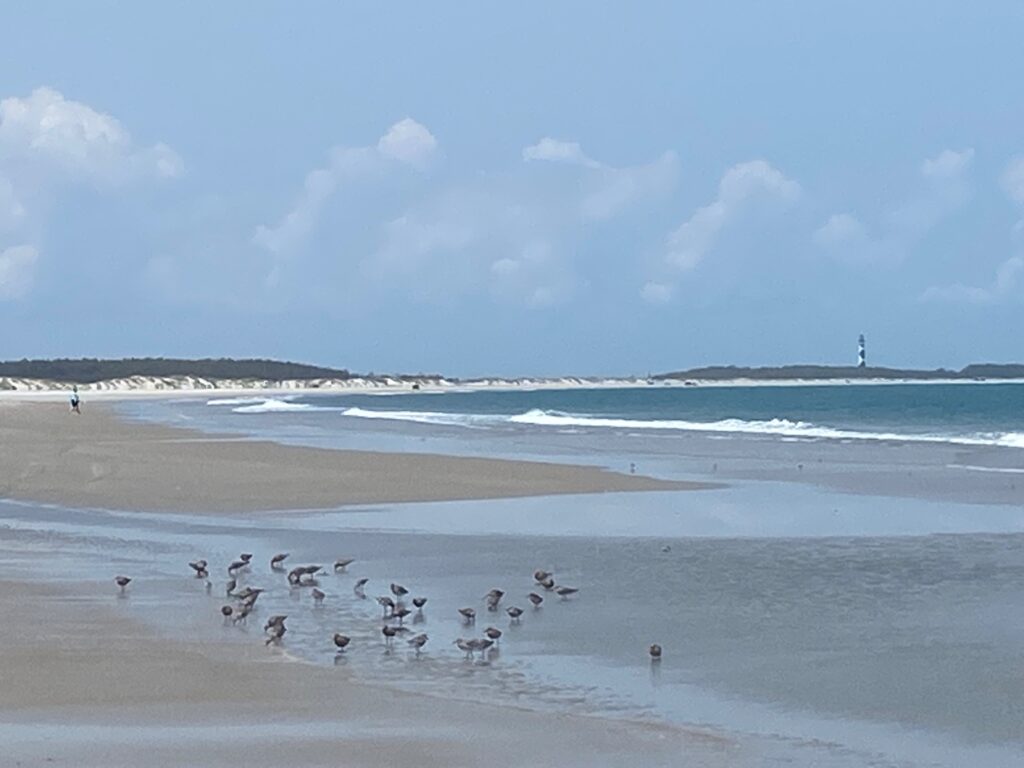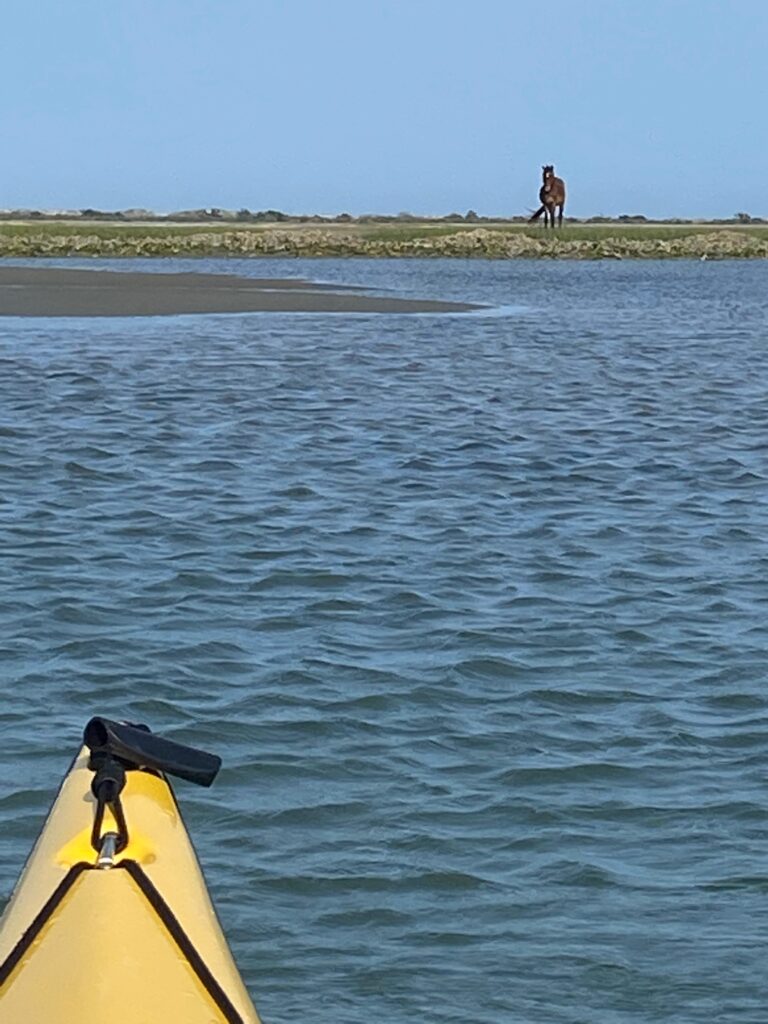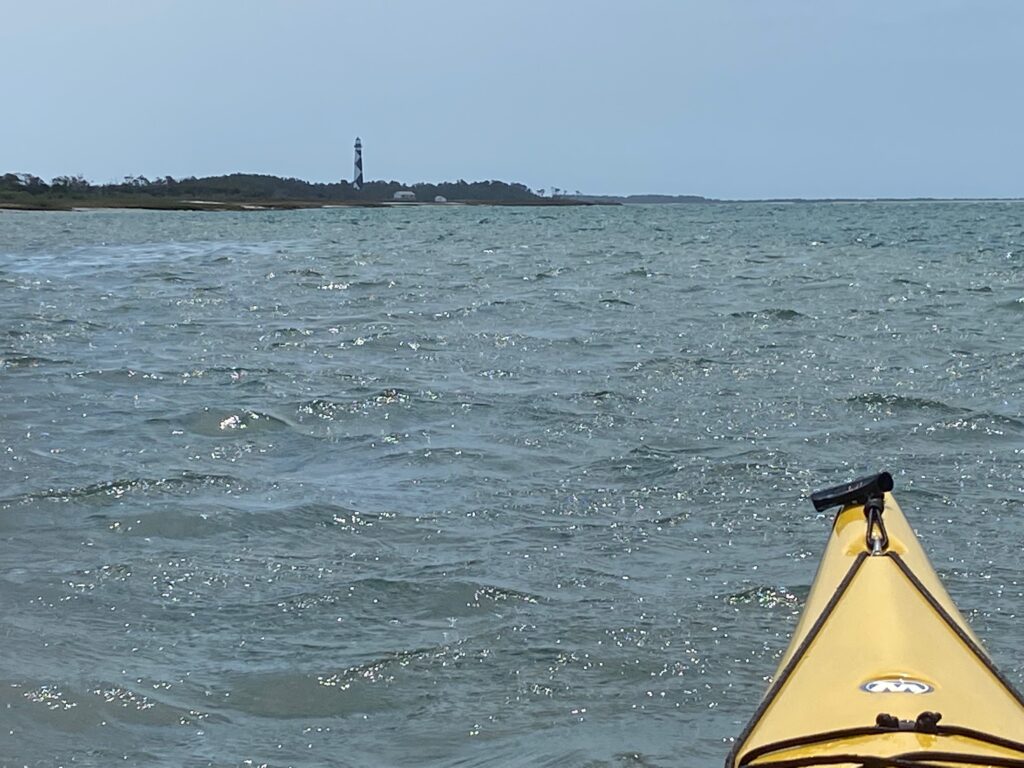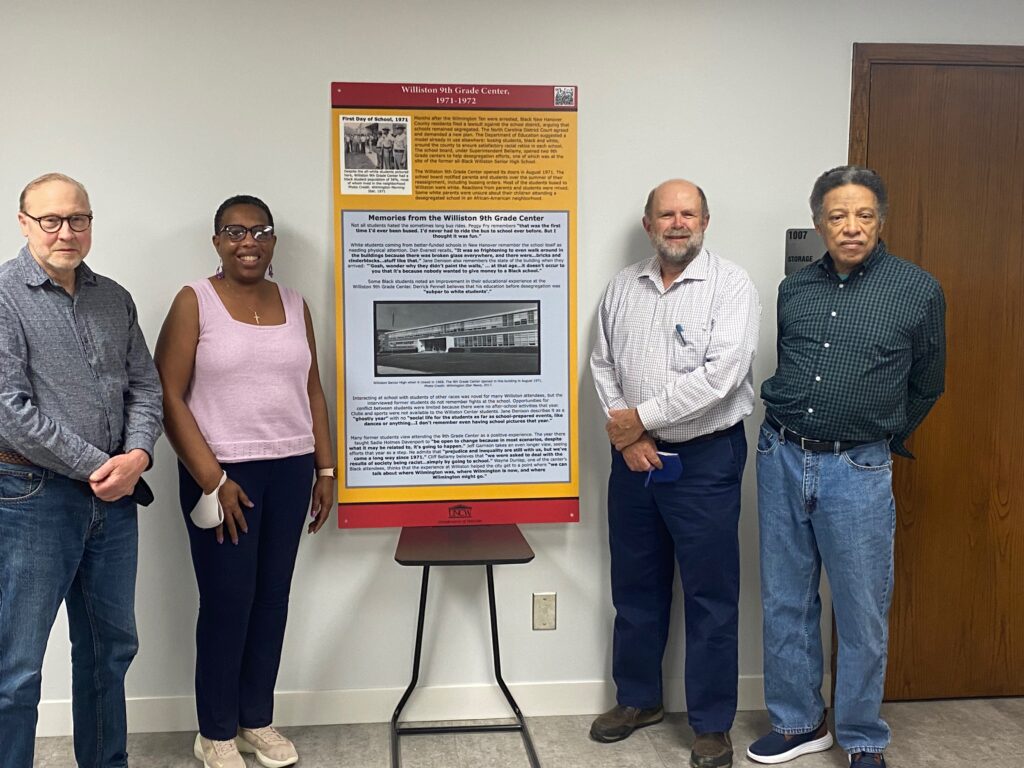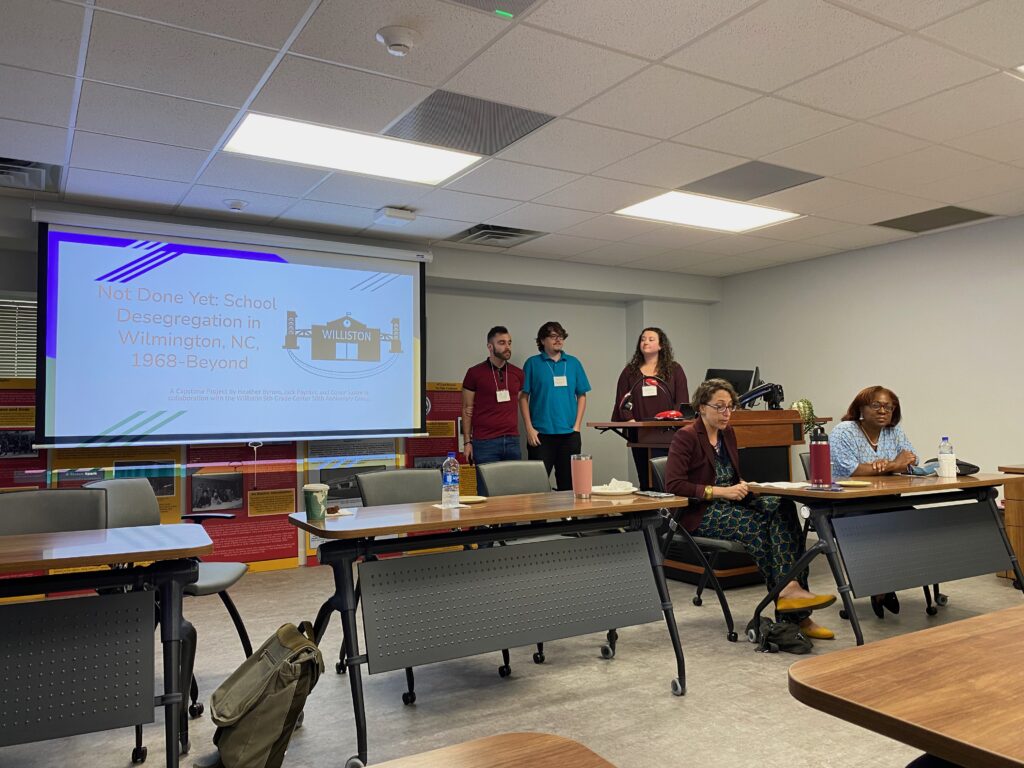Jeff Garrison
Bluemont and Mayberry Presbyterian Churches
Galatians 6:1-10
May 27, 2022
At the beginning of worship:
This is Memorial Day weekend. After a week of rain and gray, it appears we’re in a few beautiful days. Enjoy it, but remember, as we will in our prayers today, those who have their lives for our nation.
Today, think about two things. First, how do we help others with gentleness and humility, especially those who sin and need to get back on the track. Second, in our lives do we sow the necessary seeds to reap an eternal harvest?[1]
By the way, next Sunday is Pentecost. If you think about it, wear red. It’ll make a statement as we recall those tongues of fire that set the early ablaze. Let us also this week pray for such an outpouring of God’s spirit.
Before the reading of scripture:
Paul has a problem. We’ve seen this over the past six weeks in his Epistle to the Galatians. Today, I’ll finish our journey through this letter, although I’ll come back in a few weeks and catch a section we skipped.
Paul needs to help these folks in Galatia get back on track. He refutes the teachings of the false preachers who cause confusion. Again and again, Paul emphasizes grace over the law. But just because you are not saved by the law doesn’t mean you can do what you want.
Toward the end of the fifth chapter, he warns his readers of the dangerous work of the flesh. Then, as he comes toward his conclusion of this letter, he realizes that some might take what he said and use it as an opportunity to harshly deal with the sins of others. So, Paul offers a few suggestions about how Christians should correct a fellow believer caught in sin. We should consider, from this passage, how we, as a body of believers, are to live graciously and in a way that encourages one another to strive for holiness.
After the reading of scripture:
There are two themes in this passage: restoring the sinner and humbly doing the work assigned.
The Roman World of the First Century:
Let’s go back into Paul’s world. In a way, the Roman world was an “anything goes” world every bit as much as our own society seems to be heading. While this is the world in which Paul resides, it’s not the world in which he lives. Paul’s not some post-modern, politically correct philosopher who thinks everything is relative and that there are no absolute standards. He doesn’t buy into alternative facts or questions truth. That’s our world; it was, to some extent, the Roman World.[2]However, Paul expects the Christians in Galatia to do its part and encourage their members to live righteously.
The Danger of Being Overly Zealous
Yet, even here, dangers lurk. Paul understands human nature. He knows there are some who will enjoy pointing out the faults of others. We know such people, don’t we? Those who have the mistaken notion that it makes them look good when another person falls or is humiliated. Such people relish in their own self-righteousness. As Mark Twain quipped, “nothing needs reforming as much as someone else’s bad habit.” It’s this tendency, reforming another’s bad habits while ignoring our own, that Paul tries to nip in the bud.
1. Restoring the Sinner
Paul tells those who have the Spirit of God within them to restore those who have fallen away from the church. You know, our church and our society are not good at restoring the fallen. We’re good at shooting the wounded, but we fail when it comes to reforming people. Two examples: First, look at churches and consider what generally happens after a church fight? Most often, one party and maybe even both leave. The sin of American Protestantism is that we find it easier to go somewhere else than to stick it out and mend fences or lift fallen brethren. The church is to exhibit the Kingdom of God, but do we?
And if you think church is bad at reforming people, society is even worse. Consider the recidivism rates in our prisons. But Paul isn’t addressing society’s failures here; he’s focusing on the church. The church is to be a community that takes seriously the reformation of individuals. We’re to be a community that instead of shooting the wounded, we restore them to wholeness.
Of those in the faith who has fallen into temptation
Of course, Paul here is not talking about those who commit great evil.[3] Nor is he referring to those outside the church. Paul acknowledges that we all struggle with temptation, and we all need to be shown grace by other believers, just as God has been gracious with us. So, Paul, here, is not talking about a mass shooter, but someone who has stumbled along the way and needs to be encouraged to come back into the church’s fellowship.[4]
If we who make up the church are to fulfill our calling to restore those who have fallen away, we’re going to have to be gentle and humble and gracious. It’s a dangerous task as Lesslie Newbigin, a former missionary to India notes. Commenting on human efforts to bring about the kingdom of God, he writes: “The project of bringing heaven down to earth, always results in bringing hell up from below.”[5]
Being a legalist, pointing out the faults of others in a heavy-handed way, don’t cut it. Self-righteous attitudes drive wedges between people, making those in power look good while offending parties are set up for ridicule.
But more than that, such attitudes also contain the seeds for destruction of the righteous whom succumb to the sin of pride. That’s why Paul tells us in the fourth verse to test our own work on its merits and not to rate ourselves by what our neighbor does and doesn’t do. We’re to hold Jesus as our example, not our neighbors.
If we want to compare ourselves to another person, we should stand next to our Savior and see how far we fall short of the standard. Standing next to him, we’ll get a crick in our necks looking up. When compared to Jesus, we’re all humbled. But the human preference is for us to pick out some ax murderer or disturbed mass shooter to judge ourselves. It’s easy to be misled into thinking we’re doing a good job because we’ve refrained committed terrible evils.
Jesus’ comments, in the Sermon on the Mount, come to mind. Before we go operating on our brother’s eyes, we should make sure our own eyes are free from obstruction.[6] The only way for us to be clean and free is to accept the forgiveness of the one who washes us in his blood. And we must realize that Jesus doesn’t just clean us up so we can become like the Taliban’s moral police. The gentle way God deals with us serves as our model for dealing with one another.
Bearing One Another’s Burdens
If we’re to seriously take to heart this passage, we should understand this: We who are believers are called to help each other live better and godlier lives. This is a part of our calling as disciples. We bear each other’s burdens. But in fulfilling this task, we must be careful to avoid temptation.
We’re to be gentle and humble, realizing that even when we’ve dedicated ourselves to righteousness living, the temptation to think more highly of ourselves than we should is present. As Christians, we’re saved by the grace of our Lord Jesus Christ, not by our own hands. As Christians, we’re to share and show such grace to one another. Only then will we live up to our calling
2. Doing God’s Work
The second theme is pleasantly doing the work God has assigned us and not letting it go to our head or to spend all our time focused on and worried about what others are doing.
Another Story from Jayber Crow
In my first sermon on Galatians, I told you a story about Jayber and Troy in Wendell Berry’s novel, Jayber Crow. Berry uses his novels, set in Port Williams, Kentucky, to give a glimpse into how a community can exist and function in a way that will be beneficial to everyone.
One of the problems with Troy, in his novel, is impatience. As one of the younger farmers in town, he’s impressed with power and machinery. Debt doesn’t bother him. He considers a part of doing business. Nor is he particularly concerned about the land. He doesn’t even consider himself a farmer, he wants to be thought of as an Ag-businessman.
Troy receives a gift. His wife, an only child, is heir to one of the larger farms in the township. When her parents retire Troy takes over and immediately begins to do things that worries his wife and his in-laws. He rips out the hedgerows between fields so he can grow more crops. He leverages the land to buy more land. He can’t do all the farming with his old equipment, so borrows heavily for larger tractors and implements. He’s always running, trying to keep up with his expanded operation. Always behind, he no longer enjoys the cycle of the seasons, the periods of hard work and the times of rest. The farm, which would have given him and his wife a good life, becomes a burden. He depletes the land and then loses it all to the bank. By focusing on his need to be important, by constantly wanting more, he squanders the gift.[7]
We’ve all been given gifts. Do we sow them only for ourselves? If so, we’ll join Troy and countless others in squandering what we’ve been given. But if we use our gifts in a way that will bring honor and glory to our Creator, to sow them in the Spirit, others will benefit and in the long run, we’ll find dividends stored up eternally for us.
The good of working hard
Remember, work is not a bad thing. Work is good. Our labor connects us to God and to others. It’s through what we do in our world, our daily tasks, we live out our Christian faith.
Paul assumes the Galatians are working and therefore in danger of weariness. I’m sure if they were not doing anything and in no danger of becoming weary, Paul’s letter would have reflected different concerns. But here, he’s concerned about them wearing themselves out. How might we take measures to avoid allowing our work to lead us into weariness? For if work becomes drudgery, it’ll become something that we despise.
Conclusion
This Epistle to the Galatians is about grace, and grace should lead to gratitude. We’re not here to work to earn our salvation, we’re to receive it as a gift and then use it to live making this world a better place. Accept what Jesus has done for us and then let him live in you so that your life might bear fruit. Amen.
[1] Adapted from Ronald Y. K. Fung, The Epistle to the Galatians (Grand Rapids, MI: Eerdmans, 1988), 284
[2] This was certainly true of the Greek city of Corinth, which was the “Vegas” of the day, where things you did in Corinth should stay here.
[3] Consider how Paul addresses such evil within the church of Corinth. See 1 Corinthians 5:1-3.
[4] This sermon is to be preached after a terrible mass shooting resulting in the deaths of 19 students and 2 teachers, along with many injuries, at an elementary school in Uvalde, TX.
[5] From Lesslie Newbigin, Foolishness to the Greeks, (Grand Rapids: Eerdmans, 1986), 117; as quoted by Philip Yancey, What’s So Amazing about Grace? (Grand Rapids: Zondervan, 1997), 234.
[6] Matthew 7:3-5.
[7] Wendell Berry, Jayber Crow (Washington DC: Counterpoint, 2000)
